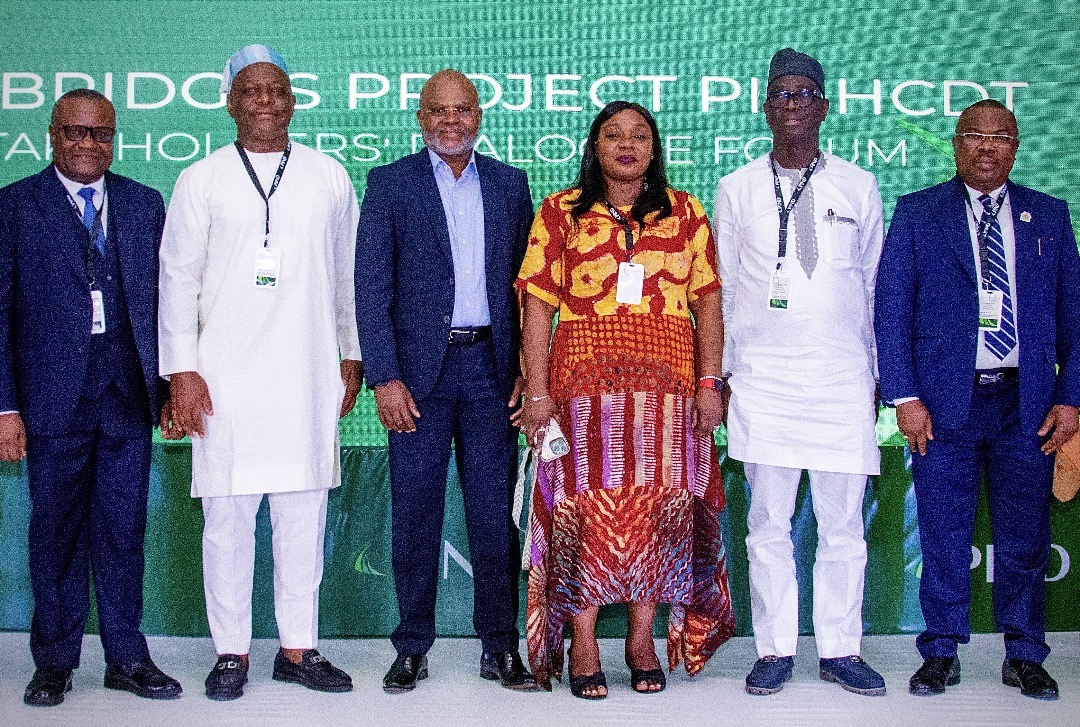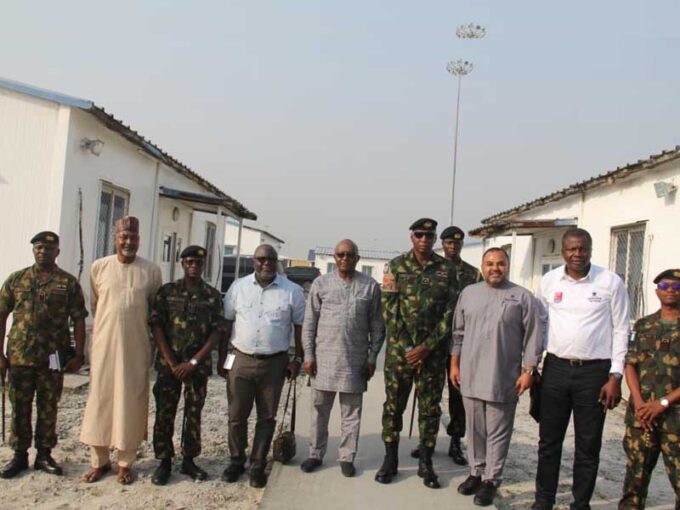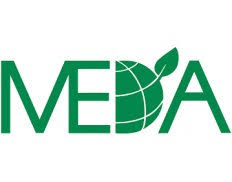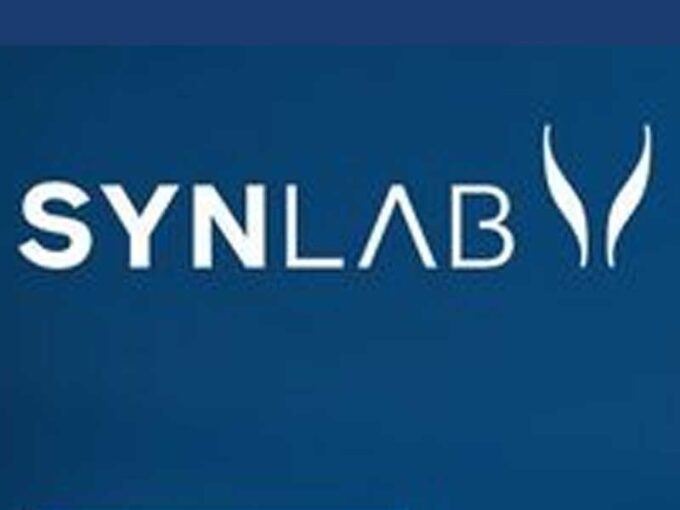Ikot Ekpene, Akwa Ibom State — The Foundation for Partnership Initiatives in the Niger Delta (PIND) and the Ford Foundation have officially concluded the Bridges Project with a high-level Stakeholders’ Dialogue Forum that brought together leaders from government, settlors, regulators, representatives of Host Community Development Trusts (HCDTs), and communities to reflect on lessons from four years of implementing the Petroleum Industry Act (PIA) — particularly its HCDT provisions, and to chart the way forward for sustainable host community development in Nigeria’s oil-rich region.
Launched in 2023, the Bridges Project has served as a transformative platform for dialogue and collaboration among regulators, settlors, and host communities. Through its Multi-Stakeholder Platform (MSP), the project strengthened transparency, built trust, and promoted shared accountability in the implementation of the PIA’s HCDT framework — a central mechanism of the PIA designed to ensure that host communities benefit directly from extractive activities.
The two-day close-out forum, themed “Four Years of the PIA: Lessons, Gains, and the Path Forward for Host Community Development Trusts (HCDTs),” convened over 150 participants, including representatives from the Nigerian Upstream Petroleum Regulatory Commission (NUPRC), Niger Delta Development Commission (NDDC), South South Development Commission (SSDC), Nigerian Content Development and Monitoring Board (NCDMB), state governments, development partners, settlors, civil society, and community leaders.
Speaking at the event, Mr. Sam Ogbemi Daibo, Executive Director of PIND Foundation, noted that the forum marks a pivotal step in consolidating lessons from the Bridges Project for future implementation. “The Bridges Project has shown that the success of the PIA — and particularly the HCDT model, depends not just on compliance, but on collaboration, trust, and shared accountability. The lessons learned from this process provide a roadmap for the years ahead — guiding how we strengthen partnerships, deepen community engagement, and sustain the gains of host community development,” he said.
The forum featured the presentation of the Bridges Project Status Report, highlighting significant progress in improving awareness of PIA provisions, strengthening stakeholder collaboration, and building new models for participatory governance.
Delivering the keynote address on behalf of the Commission Chief Executive of the Nigerian Upstream Petroleum Regulatory Commission (NUPRC), the Commission’s Manager, Host Community Development Administration, Mrs. Omolade Awah, commended PIND and the Ford Foundation for fostering dialogue and evidence-based engagement that strengthen transparency and accountability under the Petroleum Industry Act (PIA). She noted that the Host Community Development Trust (HCDT) framework — a core pillar of the PIA — is already yielding visible results across the Niger Delta, from infrastructure and human capital projects to renewed community trust and stability. Mrs. Awah reaffirmed the Commission’s commitment to ensuring that the HCDT structure continues to serve as a credible mechanism for sustainable development, peacebuilding, and shared prosperity in host communities.
In his remarks, Dr. Linus Nkan, the Honorable Commissioner, Ministry of Budget and Economic Planning, Akwa Ibom State, emphasized that “the success of the HCDT implementation depends on shared accountability, trust, and continuous learning, and it should also be extended to government houses of all the Niger Delta states.
As the Bridges Project closes, PIND and the Ford Foundation reaffirmed their commitment to sustaining the gains of the Multi-Stakeholder Platform (MSP), supporting capacity building for HCDTs, and advancing a future where peace and prosperity in the Niger Delta are community-owned and sustained.

















Leave a comment